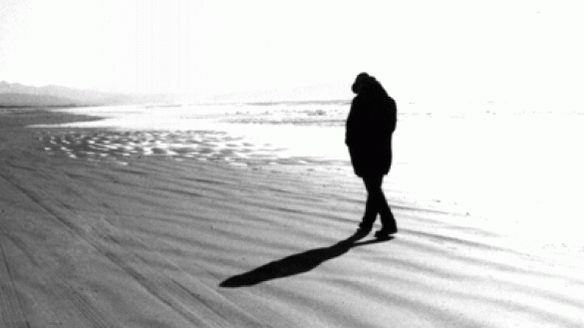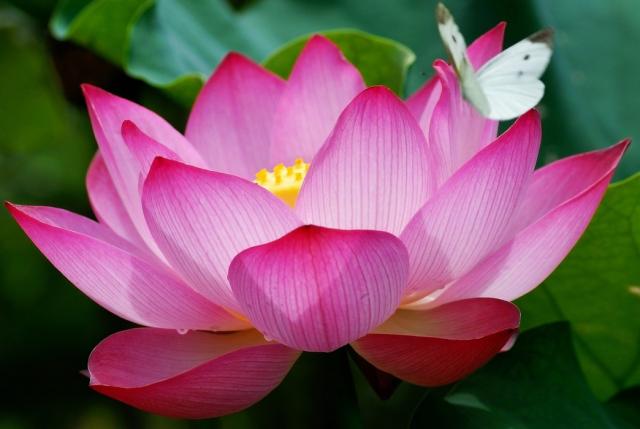Have you experienced feeling lonely when you are with the people or when you are alone? I know I have. Maybe it's because you feel like you don't fit in, or that you aren't accepted, aren't seen or heard, maybe because you don't feel like you're enough.
Neuroscience researcher John Cacioppo has been studying loneliness for over 20 years. He defines loneliness as, "perceived social isolation." We experience loneliness when we feel disconnected. Therefore, loneliness is not just being alone. Loneliness is a state of mind.
Did you know that loneliness is bad for your health? Based on the results of numerous studies on loneliness, researchers have found that: Living with air pollution increases your odds of dying early by 5%. Living with obesity by 20%. Excessive drinking by 30%. And living with loneliness increases your odds of dying early by a whooping 45%. The need for social connection is so fundamental in humans that without it we fall apart, down to the cellular level.
According to Brene Brown in her book, Braving The Wilderness, in 1980 approximately 20% of Americans reported feeling lonely. Today, it's more than double that percentage. Rates of loneliness are rapidly increasing not only in America, but also in countries around the world.
It seems strange doesn't it that in 2018 we would be feeling more lonely? I mean we are more "connected" than ever aren't we? We have email and cell phones, Facebook, Instagram, LinkedIn and Snapchat, we have airline travel all making staying "connected" so much easier.
In recent years our society has been promoting the idea of sorting ourselves into groups of like-minded people. As Bill Bishop in his book, The Big Sort, states, "We’ve geographically, politically, and even spiritually sorted ourselves into like-minded groups in which we silence dissent, grow more extreme in our thinking, and consume only facts that support our beliefs. As a result, we now live in a giant feedback loop, hearing our own thoughts about what’s right and wrong bounced back to us by the television shows we watch, the newspapers and books we read, the blogs we visit online, the sermons we hear, and the neighborhoods we live in.".
Brene Brown goes on to explain, "This sorting leads us to make assumptions about the people around us, which in turn fuels disconnection. Shouldn't 'You're either with us or against us' have led to closer ties among the like-minded? The answer to these questions is a resounding and surprising no. At the same time sorting is on the rise, so is loneliness."
Brown continues, "Clearly, selecting like-minded friends and neighbors and separating ourselves as much as possible from people whom we think of as different from us has not delivered that deep sense of belonging that we are hardwired to crave."
Loneliness tells us that we need social connection, something as important to our well-being as food and water. Cacioppo explains that, "Denying you feel lonely makes no more sense than denying you feel hunger."
Brown goes on to explain that, "When we feel isolated, disconnected, and lonely, we try to protect ourselves. In that mode, we want to connect, but our brain is attempting to override connection with self-protection. That means less empathy, more defensiveness, more numbing, and less sleeping. The brain's self-protection mode often ramps up the stories we tell ourselves about what's happening, creating stories that are often not true or exaggerate our worst fears and insecurities. Unchecked loneliness fuels continued loneliness by keeping us afraid to reach out."
Lonely people tend to find greater fault with themselves and with those around them. Their expectation is that others will be less friendly and less kind. This expectations become a self-fulfilling prophecy. Loneliness is also contagious, it's spreads out from one small ripple of interaction to the next.
Have you noticed your brain's response to feeling lonely? I have witnessed my brain going into self-protection mode and the exaggerated stories that I replay to myself causing me to experience more isolation.
Brown sums it up this way, "We seem to have forgotten that even when we're utterly alone, we're connected to one another by something greater than group membership, politics, and ideology...that we're connected by love and the human spirit. No matter how separate we are by what we think and believe, we are part of the same spiritual story."
In the end, people want to be connected, we are wired to need and desire human connection. We want to experience real connection. Cultures of "us versus them" have created feelings of disconnection and a diminished sense of shared humanity. We have normalized dehumanizing groups of people. In many cases the only thing that binds us together in these like-minded groups is shared fear, anger and hatred.
I will explore the idea of developing real connection more in future posts.
Please join me for my next DreamBank presentation on February 22nd from 6:15-7:30 pm. The event is free although registration is requested. The DreamBank is an awesome place sponsored by American Family and offers regular free events to the community. You can register at:
www.dreamfearlessly.com/event/dream-big-the-power-of-small-ripples-with-tracy-traeder/. I would love to have you join me!

 RSS Feed
RSS Feed
